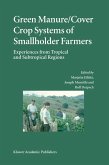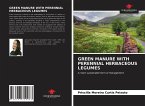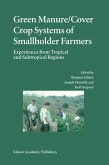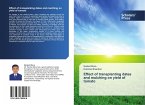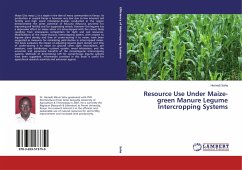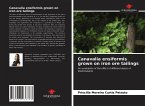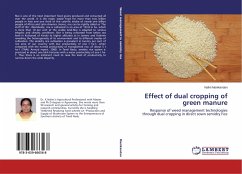Maize is the staple food in Swaziland but the high cost of commercial fertilisers has led to a decline in the production of maize. Further worsening the situation is biological land degradation, which include soil organic matter decline, biomass burning and livestock crop residue feeding. All these have aggravated the problem of soil infertility in Swaziland. This book, therefore, shows how sunnhemp can be best utilised as a nitrogen-rich green manure crop for the production of maize. The book further gives insight on the labour challenges that are associated with the utilisation of sunnhemp when grown in association with maize. The study should be of greater assistance to resource-poor farmers, environmental activists, extension officers or anyone else who may be interested in exploring the use of green manures.
Bitte wählen Sie Ihr Anliegen aus.
Rechnungen
Retourenschein anfordern
Bestellstatus
Storno


